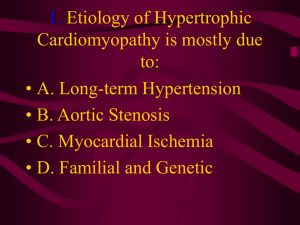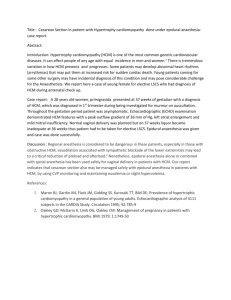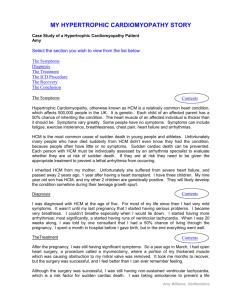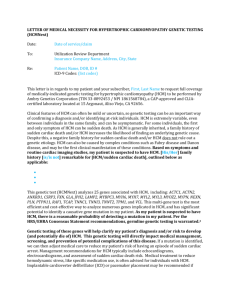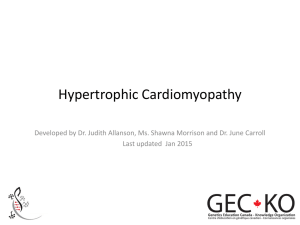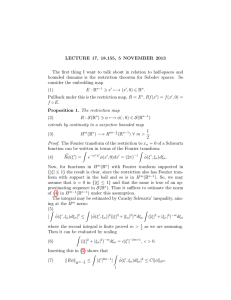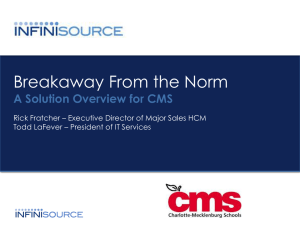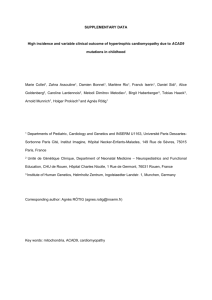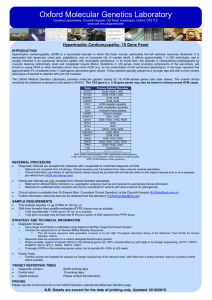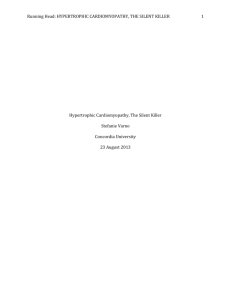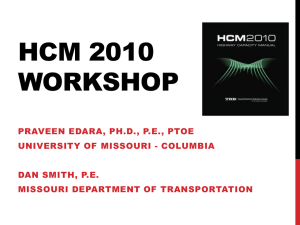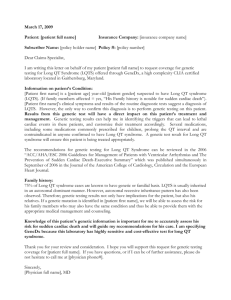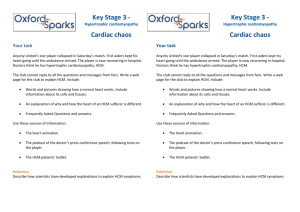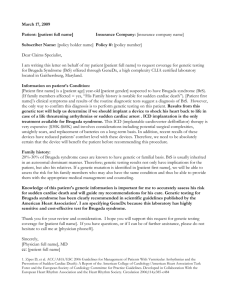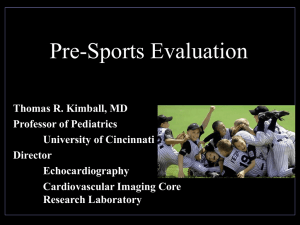Click here - Transgenomic
advertisement
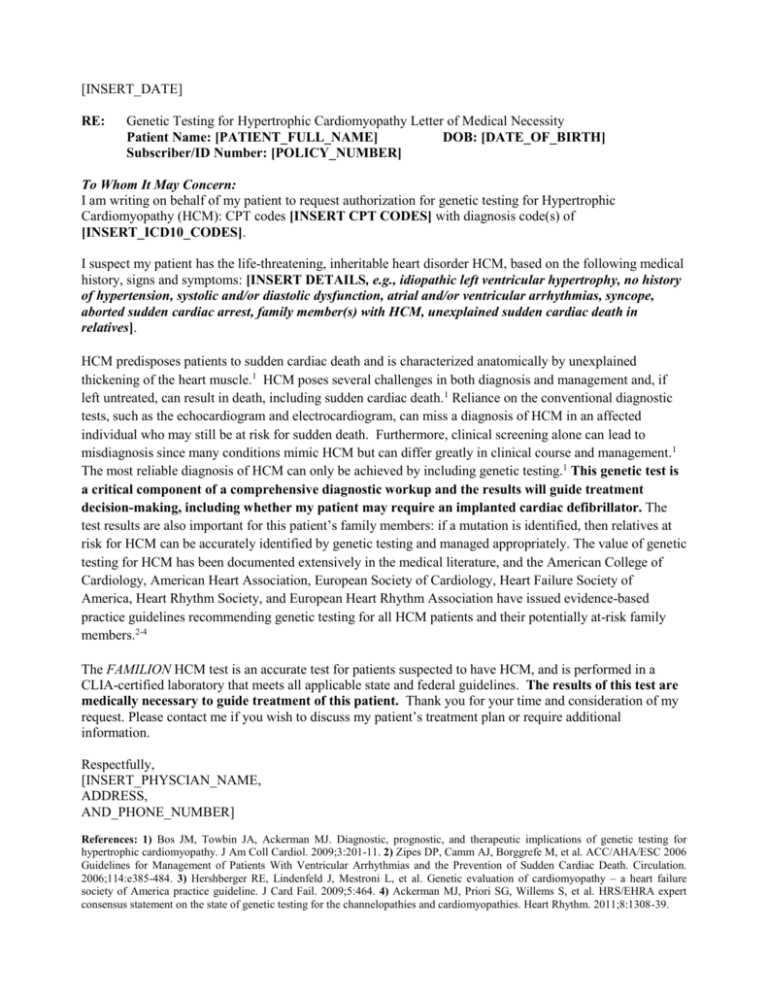
[INSERT_DATE] RE: Genetic Testing for Hypertrophic Cardiomyopathy Letter of Medical Necessity Patient Name: [PATIENT_FULL_NAME] DOB: [DATE_OF_BIRTH] Subscriber/ID Number: [POLICY_NUMBER] To Whom It May Concern: I am writing on behalf of my patient to request authorization for genetic testing for Hypertrophic Cardiomyopathy (HCM): CPT codes [INSERT CPT CODES] with diagnosis code(s) of [INSERT_ICD10_CODES]. I suspect my patient has the life-threatening, inheritable heart disorder HCM, based on the following medical history, signs and symptoms: [INSERT DETAILS, e.g., idiopathic left ventricular hypertrophy, no history of hypertension, systolic and/or diastolic dysfunction, atrial and/or ventricular arrhythmias, syncope, aborted sudden cardiac arrest, family member(s) with HCM, unexplained sudden cardiac death in relatives]. HCM predisposes patients to sudden cardiac death and is characterized anatomically by unexplained thickening of the heart muscle.1 HCM poses several challenges in both diagnosis and management and, if left untreated, can result in death, including sudden cardiac death.1 Reliance on the conventional diagnostic tests, such as the echocardiogram and electrocardiogram, can miss a diagnosis of HCM in an affected individual who may still be at risk for sudden death. Furthermore, clinical screening alone can lead to misdiagnosis since many conditions mimic HCM but can differ greatly in clinical course and management.1 The most reliable diagnosis of HCM can only be achieved by including genetic testing.1 This genetic test is a critical component of a comprehensive diagnostic workup and the results will guide treatment decision-making, including whether my patient may require an implanted cardiac defibrillator. The test results are also important for this patient’s family members: if a mutation is identified, then relatives at risk for HCM can be accurately identified by genetic testing and managed appropriately. The value of genetic testing for HCM has been documented extensively in the medical literature, and the American College of Cardiology, American Heart Association, European Society of Cardiology, Heart Failure Society of America, Heart Rhythm Society, and European Heart Rhythm Association have issued evidence-based practice guidelines recommending genetic testing for all HCM patients and their potentially at-risk family members.2-4 The FAMILION HCM test is an accurate test for patients suspected to have HCM, and is performed in a CLIA-certified laboratory that meets all applicable state and federal guidelines. The results of this test are medically necessary to guide treatment of this patient. Thank you for your time and consideration of my request. Please contact me if you wish to discuss my patient’s treatment plan or require additional information. Respectfully, [INSERT_PHYSCIAN_NAME, ADDRESS, AND_PHONE_NUMBER] References: 1) Bos JM, Towbin JA, Ackerman MJ. Diagnostic, prognostic, and therapeutic implications of genetic testing for hypertrophic cardiomyopathy. J Am Coll Cardiol. 2009;3:201-11. 2) Zipes DP, Camm AJ, Borggrefe M, et al. ACC/AHA/ESC 2006 Guidelines for Management of Patients With Ventricular Arrhythmias and the Prevention of Sudden Cardiac Death. Circulation. 2006;114:e385-484. 3) Hershberger RE, Lindenfeld J, Mestroni L, et al. Genetic evaluation of cardiomyopathy – a heart failure society of America practice guideline. J Card Fail. 2009;5:464. 4) Ackerman MJ, Priori SG, Willems S, et al. HRS/EHRA expert consensus statement on the state of genetic testing for the channelopathies and cardiomyopathies. Heart Rhythm. 2011;8:1308-39.
